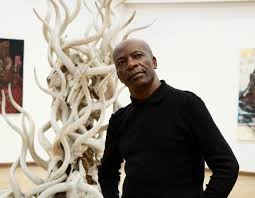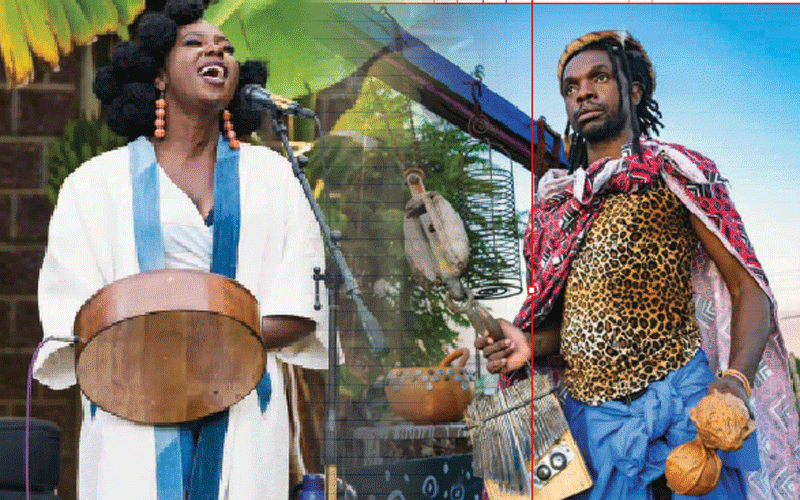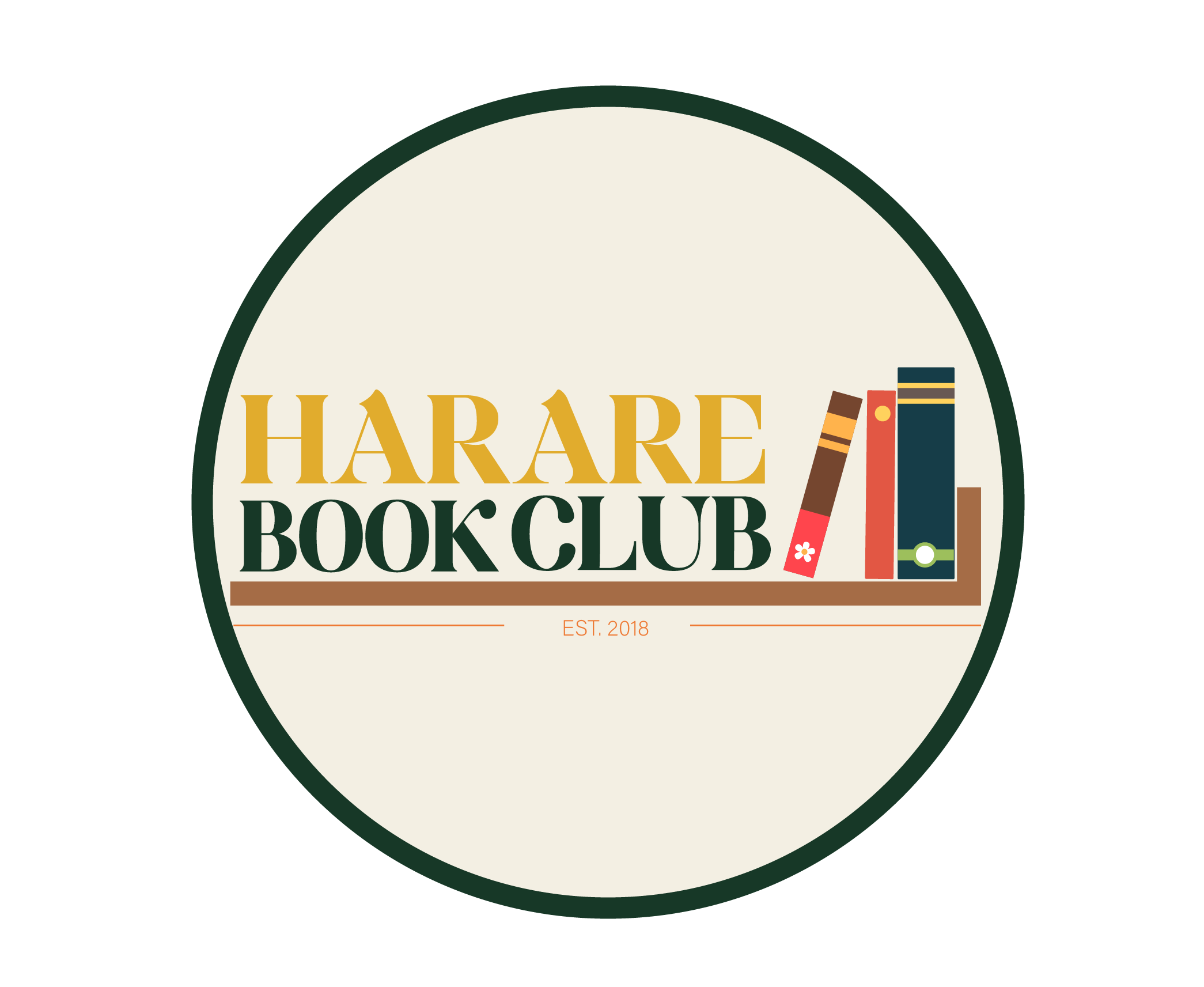
On Tuesday, the National Gallery of Zimbabwe (NGZ) in Harare hosted a panel discussion which explored the shifts on the art scene from the colonial administration to post-independent Zimbabwe.
The discussion was part of month-long activities lined up by the gallery to mark the 67th anniversary. Other events included free gallery tours and city walks, drawing and painting, face painting and presentations of the culture box.
The gallery was established in 1952 through an Act of Parliament and was officially inaugurated on July 16, 1957 by Queen Elizabeth, the Queen Mother.
The panel discussion was hosted under its Harare Conversations platform, an ongoing discursive talk space and a dedicated initiative of the gallery’s education and public programming.
Moderated by cultural practitioner, Khumbulani Muleya, the event ran under the theme “Revisiting the History of the National Gallery of Zimbabwe and Looking into the Future”. The back-and-forth dialogue reflected some of the historical chapters in the gallery’s existence.
The NGZ executive director, Raphael Chikukwa, who was the guest speaker at the event, shared his insights on various topics, among them the impact of Frank McEwen’s directorship of the gallery, development of visual arts in Rhodesia and how his legacy continues to shape the direction of the gallery.
Chikukwa chronicled the journey thus far, unpacking McEwen’s great achievements, pivotal moments in the gallery’s history such as the three editions of the International Conference on African Cultures and the first congress hosted at the gallery in 1962.
Initially named the Rhodes Centenary Gallery to commemorate the centenary of the birth of Cecil John Rhodes, it was later renamed the Rhodes National Gallery. Subsequent name changes included the National Gallery of Rhodesia, before finally becoming the National Gallery of Zimbabwe upon the country’s independence in 1980.
- Daily life struggles reflected in Burning Figure
- Baker’s art work inspired by personal experiences
- NGZ to honour winning finalists
- Stage set for visual arts awards ceremony
Keep Reading
As founding director, McEwen introduced policies that have set a precedent, still followed by the gallery to this day.
More recently, in 2017, the NGZ restaged the second edition of the arts and culture indaba. This gathering stood out for promoting themes of decolonisation and independence, as the gallery wanted to differentiate it from the 1962 edition, to reflect the contemporary context.
“It’s time to control our narrative,” Chikukwa said.
The critical role of museums and cultural institutions in repatriating cultural heritage was also explored. Chikukwa noted how disinclined Western institutions are when it comes to confronting issues of restitution and repatriation of artifacts, human remains, objects and archives of African origin, attributing this to fear of incurring losses, as holding onto these cultural items generates revenue for them.
Furthermore, the discussions brought to light that national institutions in African countries face challenges in their quest to represent different cultures with a call for the relaxation of duty importation of artworks, among other measures.
In an interview earlier this month with this publication, Chikukwa said the gallery will be opening a branch in Victoria Falls and a sculpture park there.
“These two projects will unlock the hidden cultural soul of the City of Victoria Falls. As you know, we are under the Ministry of Sport, Recreation, Arts and Culture, headed by Honourable minister Dr Kirsty Coventry, who is also working hard for us to make sure that before end of the year the sculpture park should open,” he said.
NGZ’s recognition by Sofar (Sounds from a Room) Global as one of the top 12 historic sites worldwide to host a Sofar event was also mentioned, underscoring the gallery’s significance on the global art scene, joining other world cities such as Boston, Chicago and New York City in the United States, Lisbon (Portugal) and London (United Kingdom).










